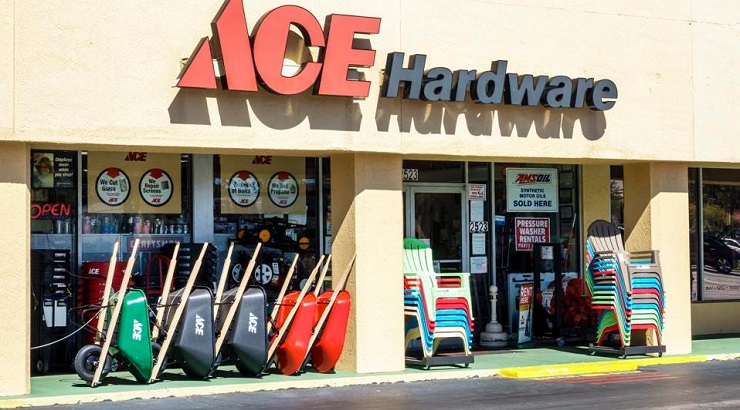Features
How to Start a Small Hardware Business in Kenya
A well-managed hardware business can be a very profitable venture.

A hardware business can be a very profitable venture.
However, like any other business, starting hardware requires extensive market research, and a solid business plan to increase the odds for success.
You need to carefully consider your capital requirements, the location of your business, the target customers, product suppliers, and business licenses, among other issues.
With that being said, here is how to start a hardware business in Kenya – including the cost to start small hardware in the country.
1. Market research
Before starting a hardware, or any other business for that matter, you should do a market survey to find out if there is a need for your product or service.
It is advisable to start a hardware business in a fast-growing area as people in these areas are more likely to buy construction products.
You will also need to study the existing hardware businesses in the area to know what they stock. This way, you will be in a position to tell the fast-moving products in that area.
2. Write a business plan
This will help establish the direction of your hardware business. What will the business be all about, and how do you plan on marketing your business to the community?
Prepare a budget that reviews the size of the potential site along with a detailed layout of the hardware, including the inventory that you plan to maintain.
You also need to create a marketing plan and establish a tentative budget based on the expected startup costs, business expenses, and revenues.
3. Formalize the business
Registering as a sole proprietorship or as a limited liability company is the best way to start a hardware business in Kenya.
This will make it easier for you to open business accounts and establish healthy lines of credit with hardware distributors where possible.
Be sure to pick a unique name that easily sets you apart from other stores.
RELATED: 7 Side Hustles That Will Make You Rich in Kenya
You also need to register with the Kenya Revenue Authority for tax payment purposes. You may need to register for VAT, which will require you to acquire an electronic tax register (ETR) to formalize your transactions.
4. Obtain business permits
Get all the necessary permits to avoid getting into trouble. You require a single business license that can be obtained from the local authorities in your area.
The costs of these permits vary from one county to the other.
You also need to obtain a fire certificate license from your respective county.
5. Finance the business
Whether you are starting as a sole proprietorship or as a limited liability company, you need to consider the overall budget and where the money is coming from.
If you are short of cash, you can consider taking a small business loan from your bank, family, or friends, or even a local angel investor.
6. Stocking hardware
Now, depending on how much start-up capital you can come up with, the next thing to do would be to stock your hardware with fast-selling products.
The best products to stock most of the time when starting a hardware business in Kenya include cement, nails, steel bars, pipes, roofing sheets, and tiles.
Note that the startup capital depends on the location and size of your business.
Hardware goods are usually cheap in Nairobi as compared to far areas like Kisumu due to transportation costs.
Rent is, however, quite high in Nairobi compared to upcountry.
Sample breakdown of costs
Rent and deposit – Sh60,000
Business permit – Sh10,000
Cement – Sh300,000
Steel bars – Sh200, 000
Pipes – Sh120,000
Roofing sheets – 250,000
Tiles – Sh150,000
Others – Sh150,000
Total Budget – Sh1,240,000
7. Market your business
To begin with, do some branding for your hardware store using your name and logo. Create a brand that is unique and can easily be identified to set you apart from other competitors.
You may also open a website and social media accounts to help you push your messages to prospects. You may also set up advertisements to boost your messages.
Track your marketing channels to find what works best.
Is the hardware business profitable in Kenya?
Yes. If located in a fast-growing area, hardware can be very profitable.
The profit margins are usually in the range of 10% of total sales. However, this can vary depending on the type of products you are selling.














